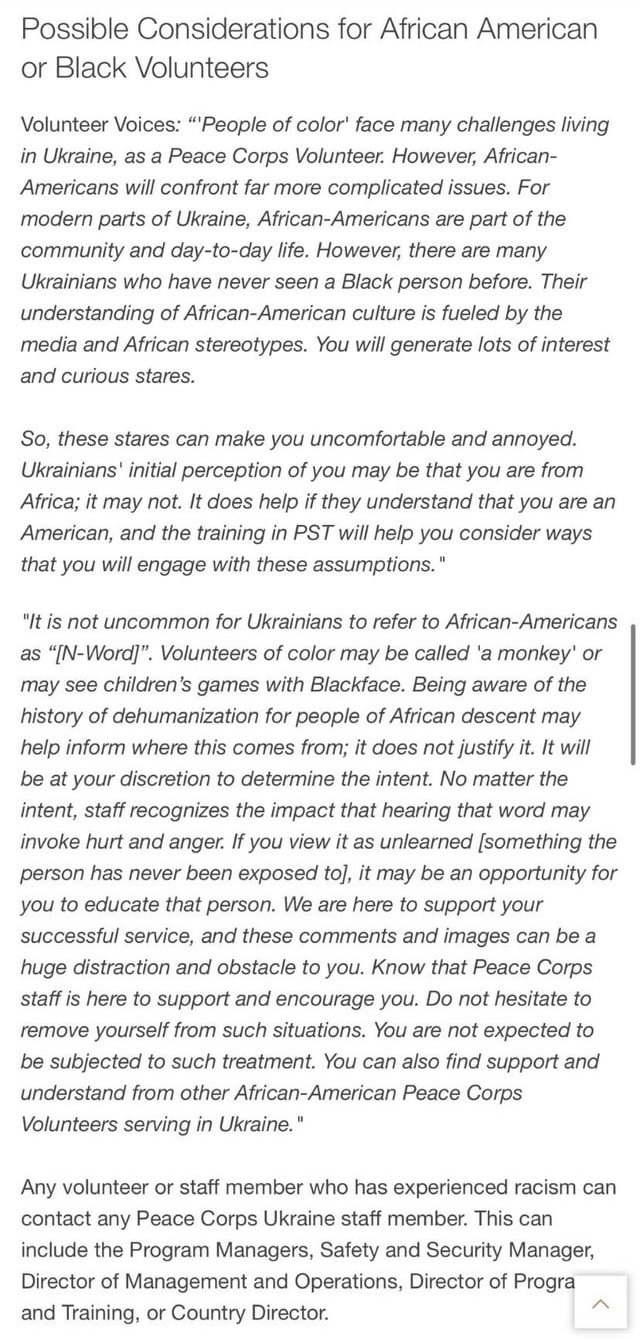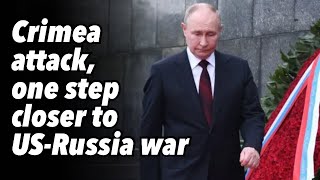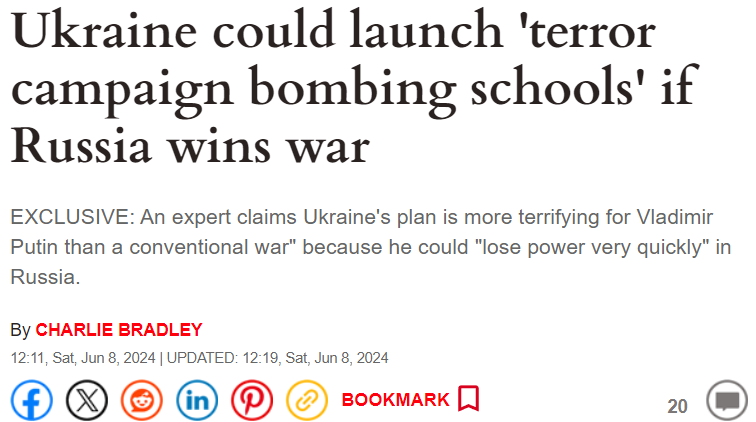spoiler
“He’s doomed to not be loved!”
Never was there a more clear-cut case of “commentator’s curse” than when Ukrainian President Volodymyr Zelensky was inaugurated on a sunny Kyiv day exactly five years ago.
The TV narrator’s inference was that, after a landslide election victory with 73% of the vote, it could only go downhill for him.
While his approval ratings have inevitably waned, Volodymyr Zelensky has been able to use his enduring appeal, along with a desire for stability, to extend his term in office.
In peacetime it would have expired, and an election would have been called. But the martial law brought in with Russia’s full-scale invasion means that can’t happen, and there’s broad public support for that too.
“For the Ukrainians, the priority is to win the war and then have an election,” explains Anton Hrushetskyi, the head of Kyiv’s International Institute of Sociology.
“Therefore, they don’t question the legitimacy of Zelensky.”
Moscow, unsurprisingly, has done just that. But it would also jump on a mid-war election where Ukraine’s wartime leader would be heavily scrutinised.
“We see these narratives from Russia and how it tries to impose on Western minds the thought that Ukraine is not a democracy,” explains Anton.
After a high of 90% following the full-scale invasion, today around 65% of Ukrainians still trust President Zelensky to guide them through these times.
There are also immense practical hurdles with a potential election, not least with Russia occupying a fifth of the country and at least seven million Ukrainians being forced to live abroad. There are also hundreds of thousands of soldiers fighting on the front line.
“There is no alternative president,” states the renowned Ukrainian author Andriy Kurkov.
Only a few months ago Ukraine’s then-head of the armed forces Valeriy Zaluzhny was touted as a potential rival to Mr Zelensky. However, after being sacked and appointed as the country’s ambassador to the UK, he’s stayed quiet on the political front, for now.
“To become president in a show business manner and then find yourself in the middle of a war, there is nothing easy or funny about it,” says Andriy.
Back in 2022, after the Russians invaded Ukraine, the author likened Ukraine’s leader to James Bond when he turned down offers to evacuate and championed his country’s cause. So, does he feel the same now?
“He looks like a very tired James Bond,” says Andriy. “Much older, and a bit grumpy.”
“Even if we had elections tomorrow, it will be Zelensky again. Only at the end of the war will attitudes change and will people ask questions they’ve been saving for peacetime.”
Andriy believes the president’s continued support is fuelled by a desire for stability, despite some frustrations.
Watching old footage of Mr Zelenksy being sworn in is like viewing a different Ukraine. The comedian-turned-president looks fresher faced. He enthusiastically greets crowds and even jumps to kiss a man on the forehead.
No stubble, no stern expression, just an excited grin. You also don’t see people cheer any more.
“It was a very exciting day,” admits Oleksandr Danyluk who was in the new president’s team. He’d go on to be secretary of the National Security and Defence Council before leaving a year later to become an opponent of his former boss.
“None of us knew what was ahead. We didn’t have the slightest idea.”
Mr Danyluk’s political differences with the president started to mount. One of them centred on how best to combat Russia’s aggression towards Ukraine.
The president believed he could sit with Vladimir Putin and negotiate. Mr Danyluk now claims he felt the country should have been preparing for an unavoidable war.
“We should have readied ourselves much better, but those early years were lost after the full-scale invasion, right?” says Mr Danyluk, who concedes there are few better at building international support for Ukraine.
“President Zelensky will lead this war one way or another, whether somebody likes it or not, whether he likes it or not, that’s his destiny.”
Last year, President Zelensky said it was “irresponsible” to talk about elections and called for unity. Most in the country seem to agree.
The time for a political reckoning will come. Just, it seems, not now.





